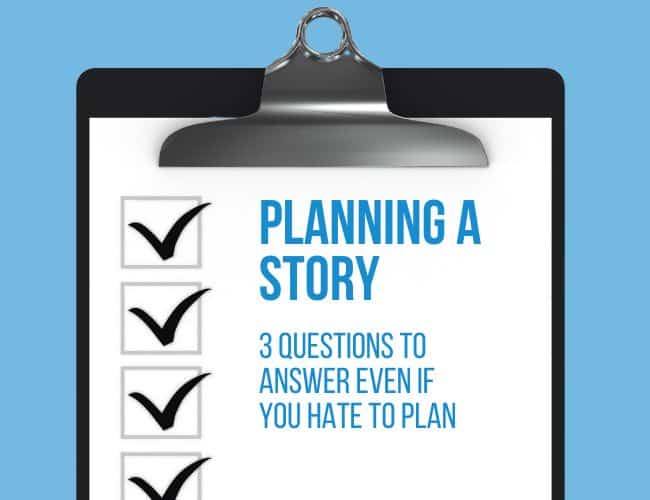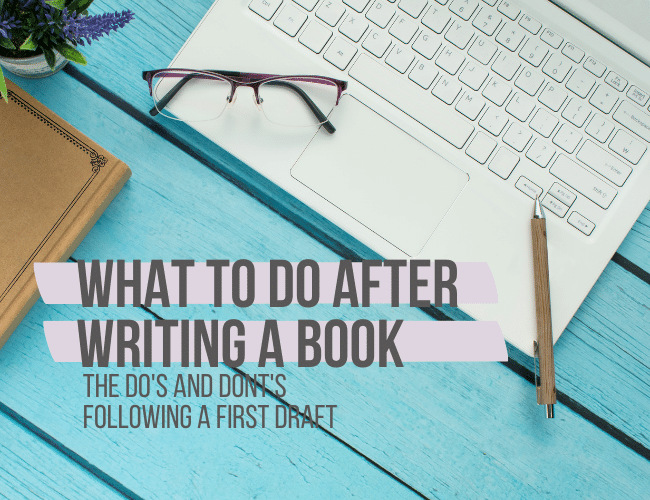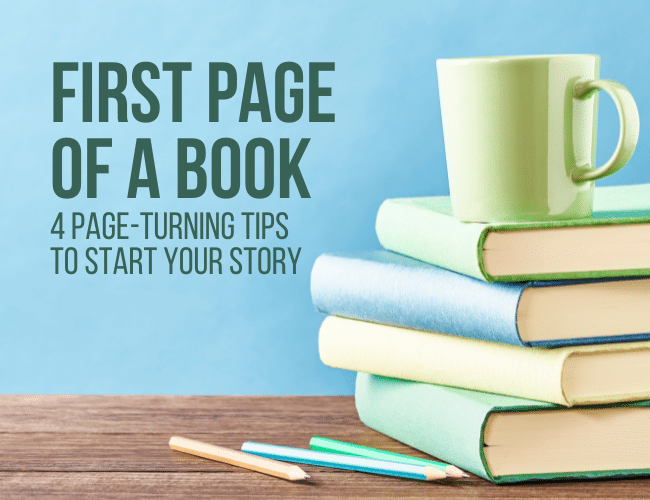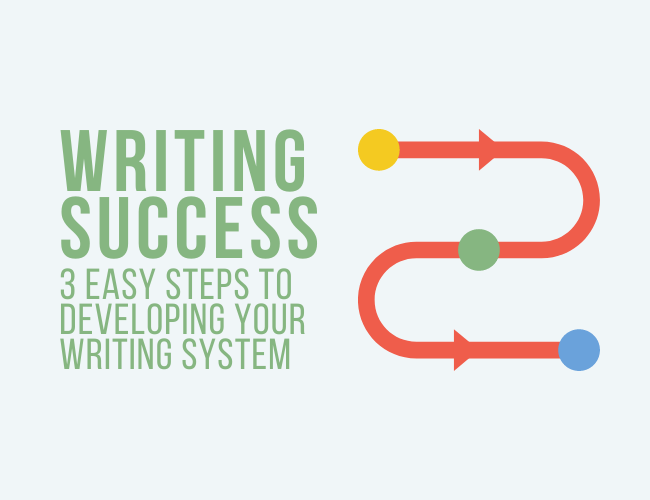
When It’s Time to Start Over
How many of you have been writing for a while? This article is for you—though if you’re brand-new, this will eventually apply to you, too. Ahem. There will come a day when it’s time to start that story over from scratch.

How many of you have been writing for a while? This article is for you—though if you’re brand-new, this will eventually apply to you, too. Ahem. There will come a day when it’s time to start that story over from scratch.

Writing is hard, and publishing adds another layer of challenge into the mix. You might think that after launching your first book, any subsequent books would be easier. I thought so once too. But from writing to launch, each book presents new challenges. Read on to see what I’m learning as I launch my second book in a series.

It’s difficult to know how much to plan when starting a new story. Is it essential to have each and every character, scene, and key change in mind beforehand? How much, or how little, do you need? (Hint: it’s less than you might think!)
The bad news is, no matter how much you plan, your first draft is destined to be messy. But even if you’re a pantser, there are a few key questions you should answer before you start. When you do, you’ll be building your story on a rock-solid foundation that will give you the freedom to take risks that won’t cost you a ton of time and energy in the long run.

If you’ve finished writing a first draft, you’ve accomplished something huge. You should be proud of yourself! But once the celebration dies down, you might experience a moment of silence as you look at your finished manuscript. You wonder: What comes next?
Maybe you’re not sure what you should do next, or maybe you have an idea of all the things that could follow and feel disorganized and paralyzed by all the possibilities.
The fact is, a lot of budding writers don’t think beyond the “finishing the book” part of writing.
So what is next? This article teaches you what to do after writing a book.

I’ve changed the first page of my novel a lot. I can’t even tell you how many times. It happened because as I was writing, I followed a lot of writing blogs, attended a lot of author talks, and browsed a lot of guides that had a lot to say about how to write the first page of a book.
The thinking is that readers thumbing through books in the bookstore and agents alike make snap decisions based on those initial words.
And while it’s essential that the entire book is great, the reality is that the first page of your book sets the tone and expectation for the quality of writing for the rest of the book.
You need to make it good! Something that can uphold the excitement of your book idea and that would impress a publishing company.

Have you tried writing a book but failed to finish it? Do you wish you could have some writing success, but each time you set out on an idea, something stops you?
Do you have a writing system?
If you want to be a successful writer, it helps to establish a solid, reliable writing system that evaluates your writing process. To do this, you need to experiment with three key steps to designing the best system for you.